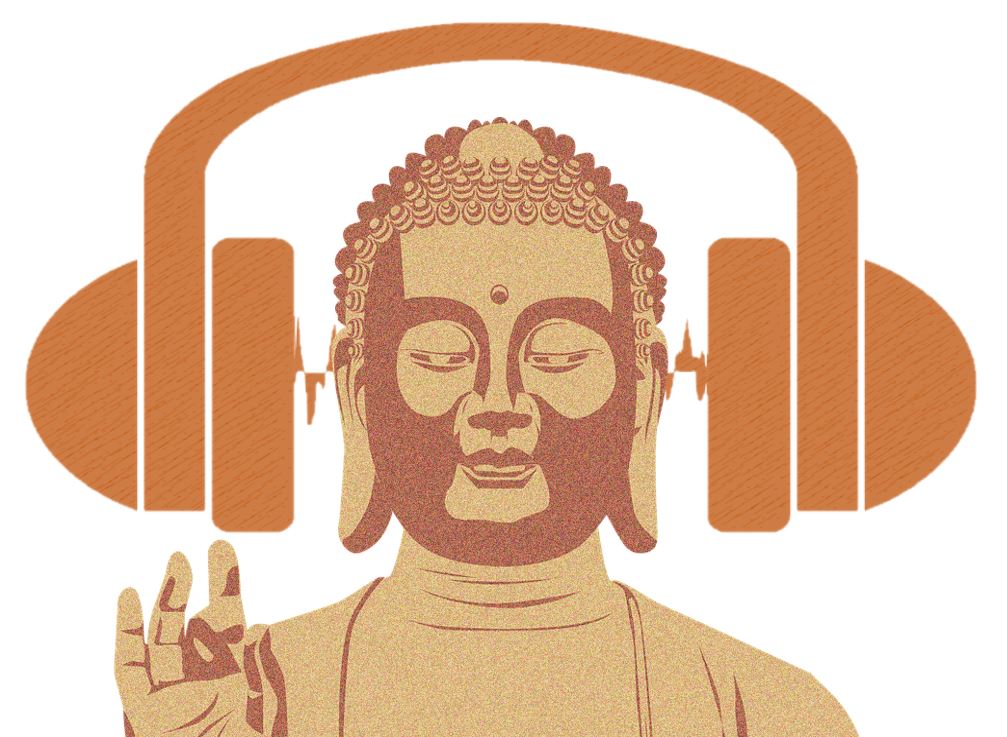



As the days wane and the nights get longer, Rich will bring reflections on the “greatest blessings” from the Maha-Mangala Sutta (Sutta Nipata 2.4 translated by Narada Thera). This beloved sutta reminds us that, even in the midst of loss and grief, our ordinary lives contain so many sources of happiness. In balancing our awareness of suffering with the uplifting conditions in life, we come closer to seeing things as they are. This awareness provides a balance to our daily life practice and a motivation for skillful action in the world.
Rich last offered a reflection on this sutta four years ago, as we moved into the Sacramento Dharma Center. Now that we are not able to be there in person, let’s bring these blessings to mind again.
Forgiveness… What if you are not forgiven?
A Discussion and a True Story

Psychologists generally define forgiveness as a conscious, deliberate decision to release feelings of resentment or vengeance toward a person or group who has harmed you, regardless of whether they actually deserve your forgiveness or not. It’s a state of mind that our culture and most faith traditions hold as a positive and worthwhile aspiration. Buddhism sees forgiveness a little differently. We will discuss those differences and the practicality of the Buddhist definition of forgiveness.
Edwin Paragas was recently released from twenty years of incarceration beginning when he was sixteen years old. He will tell the story of his own search for forgiveness from his victim’s family and his life now as a returning citizen.

OK, The Election is Over – The Fantasy Of A Magic Answer To All Our Problems is Dead – What Do We Do Now?
It’s pretty clear now that the world we live in has changed. This is hard to deny even for those of us who are really good at denial. For many, it is a world filled with confusion, uncertainty, resistance, anxiety and fear for the future – the future of our families, our country, the world.
How to deal with this reality in a way that allows us to experience a sense of ease, purposefulness, empoweredness, togetherness and kindness may not at first be clear.
During this evening we’ll explore the meaning of “equanimity” as a working life premise, as an operational reality, as a powerful tool in the face of our current challenges, sorrows and joys.
The Jordan Peterson video is at https://youtu.be/6_6zwVNn88o
From talk Zoom chat

Being wrong: It is a fact of life that is often difficult to admit to others, as well as to ourselves. There are a myriad of lessons, teachings and inspiring examples of how to be successful in all facets of our life. We are so conditioned to be right, it is a jarring affront when we find ourselves on the “wrong side” of a situation or opinion. To compensate for this assault on the ego, we may even have developed rationalizing strategies in order to minimize or even negate being wrong. True acceptance of our mistakes and our own imperfections can lead to a healing of relationships, alleviation of much personal stress and may even open up to a much deeper understanding of “not self.”

Gullu is inspired to share meditation as a path to freedom; a way to cope more effectively with the challenges of work and life; and a vehicle for bringing more sanity, compassion and wisdom into the world.

It’s good to step back from time to time and try to place our lives in context. This is one way for us to get a clear picture of where we are headed and whether our meditation and spiritual practices are helping us head in that direction.
This talk will focus on two familiar situations we regularly face in meditation, practice and daily life. This examination should be interesting and helpful no matter your level of knowledge or experience.
We’ll also take a hands-on look at two realities that our minds almost always want to treat as theory or philosophy, rather than real life, tangible, useful experiences: Annica (impermanence) and Anatta (no-self.) What are these two experiences as real-life events? What relevance do they have to our relationships and everyday activities? How can they help us live a richer, fuller, deeper, more vivid life? This is what we’ll explore.

Through stories and personal experience, Walt describes how wisdom is cultivated and how it benefits our lives and the lives of others. He also speaks about the relationship of wisdom and insight.

In the devastating fires this summer, we have seen folks needing to evacuate where they live on short notice. Public safety officials recommend having a “Go Bag” packed and ready with batteries, a crank radio, first aid supplies, extra socks, and other essentials. Maybe we should take this idea and think about what to bring with us from our “toolkit” of meditation practices. What is essential? What would you want to have with you to protect your mind in any circumstance? Be prepared to share the practices and essential teachings that you have found most useful.
* Gil Fronsdal, Insight Meditation Center (Redwood City)
ZOOM chat shared by Rich Howard
* For Pre made Go Bags – google Redfora or Earthquake bags
Right Lifestyle: living the fully awakened life in the modern world…
SIM meets online and in-person at the Sacramento Dharma Center
Dana is a Buddhist word that means generosity or heart. Nearly all Sacramento Insight Meditation activities are offered on a dana (donations) basis. This means our programs are sustained by the generosity of instructors in offering teachings freely and on the generosity of students and members of the meditative community in the form of financial support, service and participation in events. Practice dana, please support our Sangha. DONATE NOW
